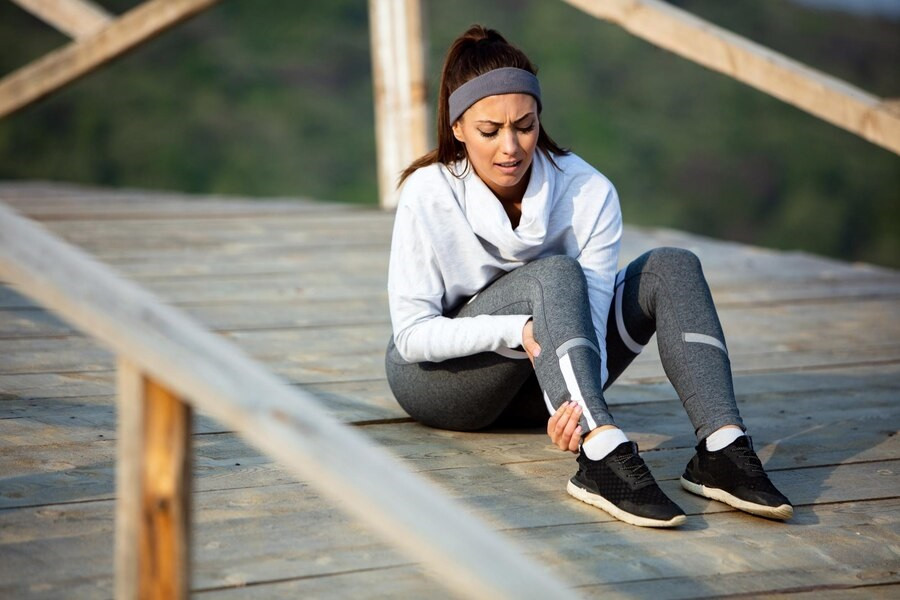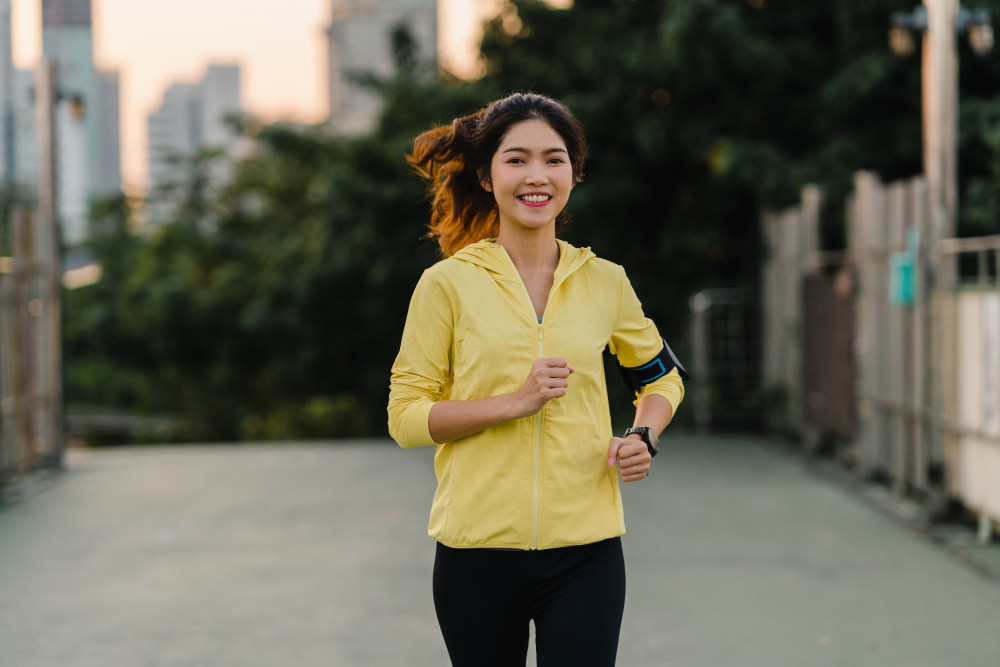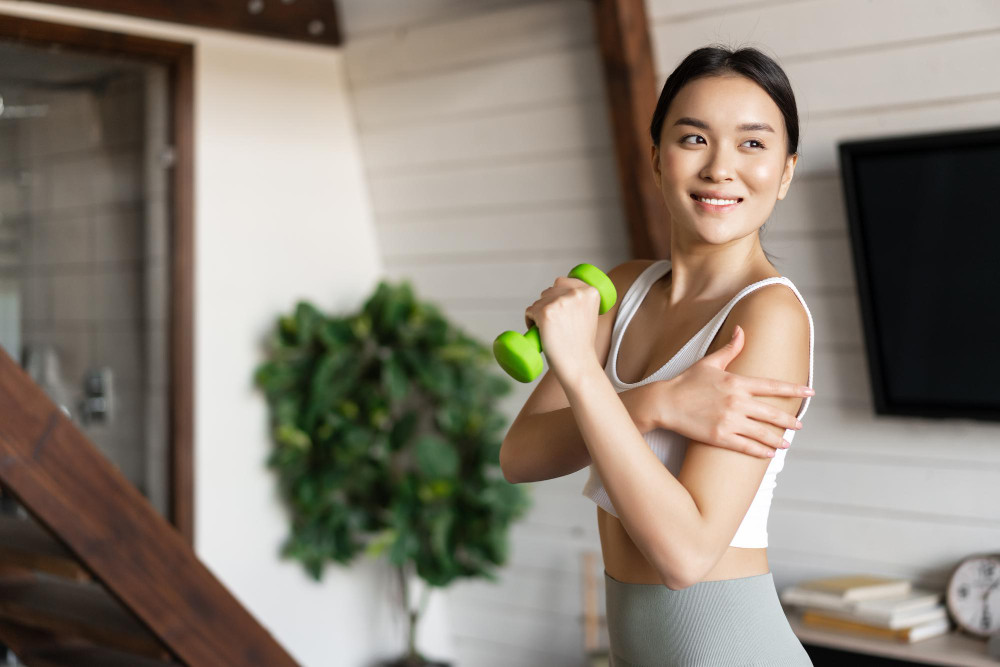Muscle cramps after exercise are a common problem experienced by many people. Muscle cramps are a condition in which the muscles experience involuntary contractions or tightness and occur suddenly.
Muscle cramps can occur for many reasons, such as:
- Fluid and electrolyte deficiency
- Being in a hot and humid environment increases the risk of fluid deficiency
- Staying in one position for a long time
- Doing high-intensity exercise without rest
- Lack of warm-up before exercise
How to Deal with Muscle Cramps After Exercise
Muscle cramps often occur in the abdomen, arms, thigh area, hands, or back of the calves. Warming up sufficiently before exercise will help prevent muscle cramps when you are exercising. However, if muscle cramps have already occurred, then you should do these things:
Stretch and massage your muscles
Immediately stop the activity that is causing the cramp and stretch the cramped muscle area. You can massage the cramped muscle slowly to help the muscle relax again.
If the cramp occurs in the calf, you can stand up and put weight on the cramped leg area. Bend your knees slowly and lift your toes up. If the cramp persists, sit with the leg or foot extended forward, and while the leg is straight, gently pull the leg towards the body to overcome the cramp. Meanwhile, for cramps that occur in the back area, you can do the child's yoga pose.
Stretching can help relieve the pain caused by muscle cramps, and a gentle massage can help improve blood flow to the affected area and help the muscles relax. Do not apply excessive pressure to the cramped area to avoid making the condition worse.
Read more: Kram Setelah Berhubungan Seks, Normalkah?
Apply compress
The use of warm or cold compresses depends on the injury. With muscle cramps, you will generally apply a warm compress to help relax the cramp and relieve pain. You can place a warm pad or towel on the cramped muscle area. Giving a warm compress can help increase blood flow to the affected area, help the muscles relax, and reduce the pain that arises.
Meanwhile, any obvious swelling or inflammation in a sprain or fracture should be treated with cold compresses. Compresses, whether warm or cold, should not be left on the body for more than 10–20 minutes each.
Read more: Ketahui Penyebab Kram Kaki di Malam Hari
To Prevent Muscle Cramps
To prevent and relieve muscle cramps, one way is to keep your body hydrated. Lack of fluids can be one of the triggers for muscle cramps. Generally, you should drink at least 6–8 glasses of water per day. However, increase your fluid intake when you are active, especially when you are outdoors.
Generally, muscle cramps can be relieved by the methods mentioned above. However, if the muscle cramps get worse or do not go away with stretching or compresses, or occur more frequently even when you are not exercising, you should see a doctor. Your doctor can help evaluate the cause of your recurrent muscle cramps and suggest the appropriate treatment.
If you need medical advice or consultation, you can either visit a doctor or make use of the consultation features that are available in the Ai Care application by downloading the Ai Care application from the App Store or Play Store.
Looking for more tips and information regarding health, first aid, and other home remedies? Click here!
- dr Hanifa Rahma
Harvard Medical School (2021). Take that, muscle cramps!. Available from: https://www.health.harvard.edu/staying-healthy/take-that-muscle-cramps
WebMD (2023). Remedies for Muscle Cramps. Available from: https://www.webmd.com/fitness-exercise/remedies-for-muscle-cramps
Mayo Clinic (2023). Muscle cramp. Available from: https://www.mayoclinic.org/diseases-conditions/muscle-cramp/diagnosis-treatment/drc-20350825
Better Health. Muscle cramp. Available from: https://www.betterhealth.vic.gov.au/health/conditionsandtreatments/muscle-cramp
NHS UK (2022). How to stretch after exercising. Available from: https://www.nhs.uk/live-well/exercise/running-and-aerobic-exercises/how-to-stretch-after-exercising/
Cleveland Clinic (2020). How to Prevent Leg Cramps and Treat Them at Home. Available from: https://health.clevelandclinic.org/how-to-prevent-leg-cramps-and-treat-them-at-home
John Hopkins Medicine. Ice Packs vs. Warm Compresses For Pain. Available from: https://www.hopkinsmedicine.org/health/treatment-tests-and-therapies/ice-packs-vs-warm-compresses-for-pain












